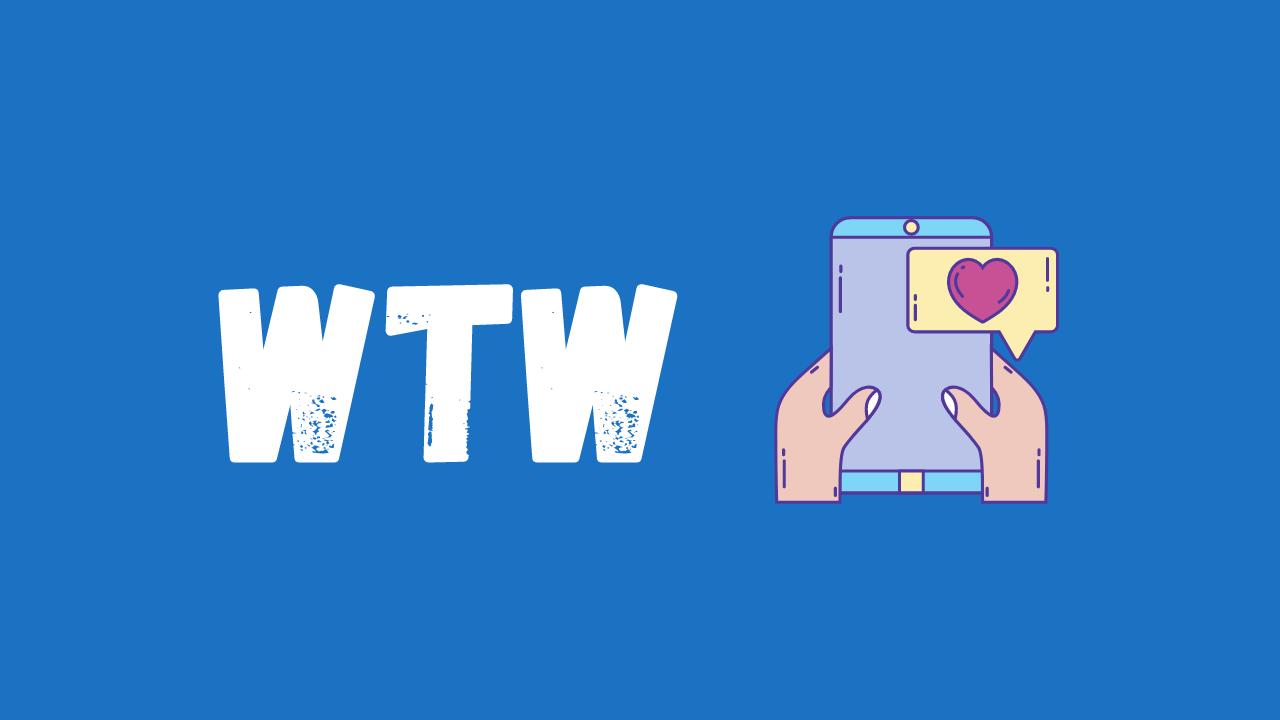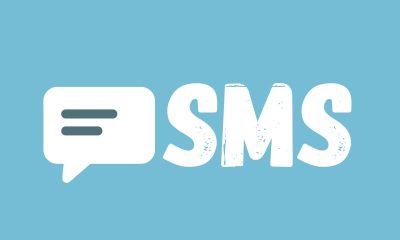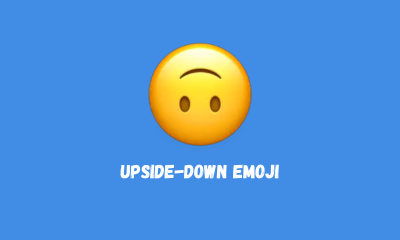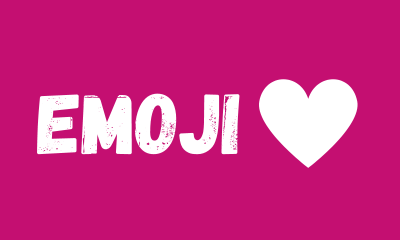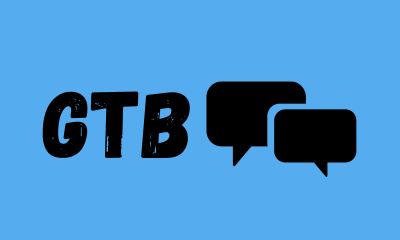In texting and online communication, “WTW” usually stands for “What’s the word?” or “What’s up?” It’s a casual way of asking how someone is doing or what’s happening in their life.
“WTW” can also be an abbreviation for “Walk the walk,” which means to back up your words with actions or to practice what you preach. In some contexts, “WTW” can also stand for “Willing to work,” indicating a person’s willingness to put in the effort and contribute to a team or project. However, these less common meanings are not as widely used as the “What’s the word?” definition.
There is another less common meaning of “WTW” which stands for “Waste to Worth”. This term is commonly used in environmental and waste management fields to refer to the process of converting waste into valuable resources or energy. This approach aims to reduce the amount of waste that ends up in landfills and to create a more sustainable, circular economy.
However, it’s important to note that the context in which “WTW” is used can vary depending on the conversation or industry. It’s always a good idea to ask for clarification if you’re unsure of the meaning of an abbreviation or acronym in a specific context.
The meaning of “WTW” can vary depending on the level of relationship between the parties involved. Here are some possible interpretations:
Friends or casual acquaintances: When used between friends or casual acquaintances, “WTW” typically means “What’s up?” or “What’s going on?” It’s a way of checking in and catching up with each other.
Romantic partners or potential partners: In a romantic context, “WTW” might be used as a casual greeting or a way of starting a conversation. Depending on the tone and context of the message, it could also be a flirty or suggestive message that implies a desire to spend time together.
Professional or formal relationships: In a professional or formal context, “WTW” might be seen as too casual or informal. Instead, it’s better to use a more formal greeting or opening, such as “Hello” or “Dear [Name].”
It’s important to keep in mind that the meaning of “WTW” can vary depending on the context and the relationship between the parties involved. It’s always a good idea to be aware of the tone and context of the message before responding to it.

